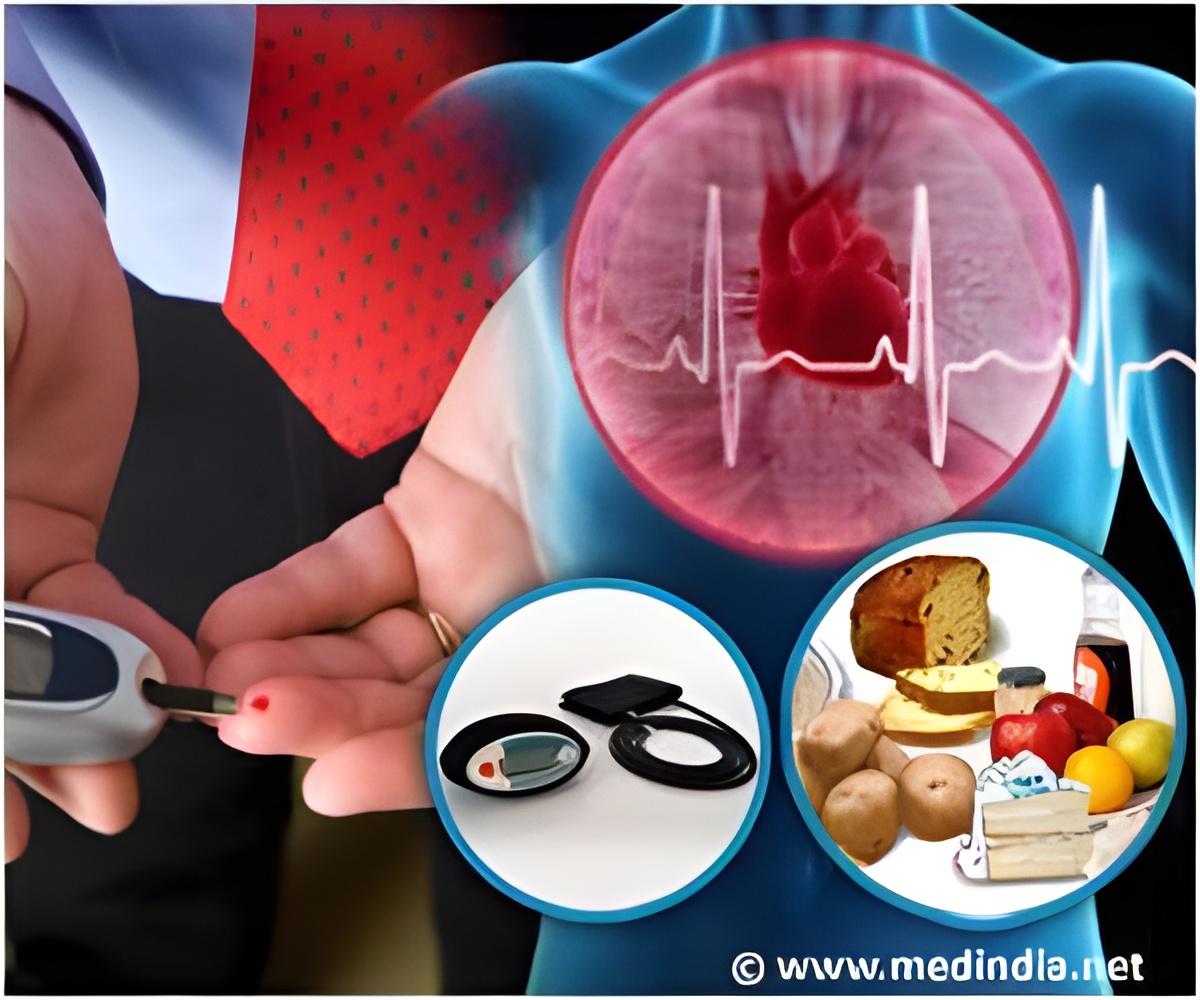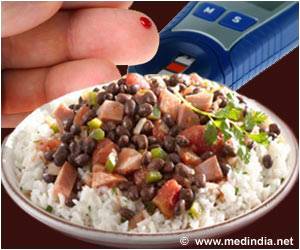
Professor William Herman of the University of Michigan said the research showed early identification of diabetes had major health benefits, and supported the introduction of measures such as screening so as to reduce the time between development of Type 2 diabetes and its treatment.
At 10 years after baseline, the simulations predicted that with a delay of three years in diagnosis and treatment, 22.4 percent of those with Type 2 diabetes would experience a cardiovascular disease event, such as stroke or heart bypass surgery. This rose to 25.9 percent with a diagnosis delay of six years.
However, if screening and routine care had been implemented, the simulation predicted only 18.4 percent would experience a cardiovascular disease event at 10 years after baseline. The simulated incidence of all-cause mortality was 16.4 percent with a delay of three years and 18.2 percent with a delay of six years, compared to 14.6 percent for screening and treatment.
This means that over 10 years, the model predicts that for people with undiagnosed Type 2 diabetes, screening would be associated with a 29 percent reduction in relative risk of a cardiovascular disease event, compared with a delay of six years in diagnosis and treatment.
This amounts to a 7.5 percent reduction in the absolute risk of adverse cardiovascular outcome in this population. The comparable change in all-cause mortality was 20 percent relative risk and 3.6 percent absolute risk reduction.
Advertisement
Source-Medindia














